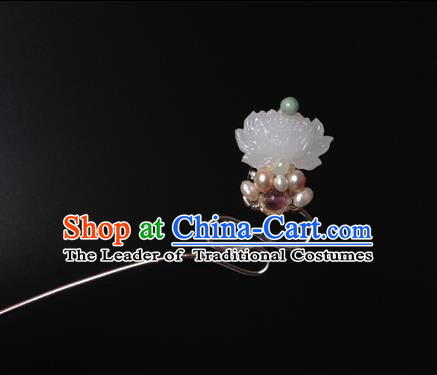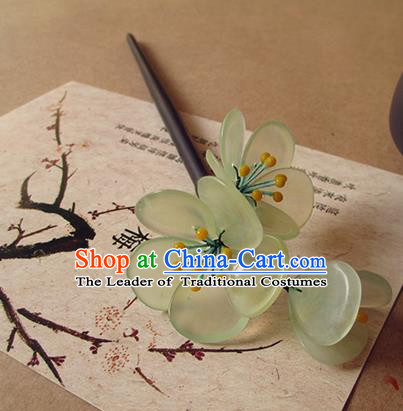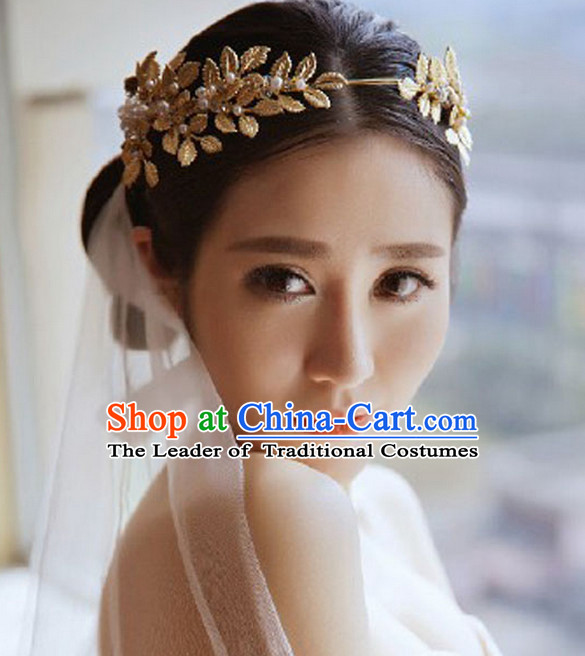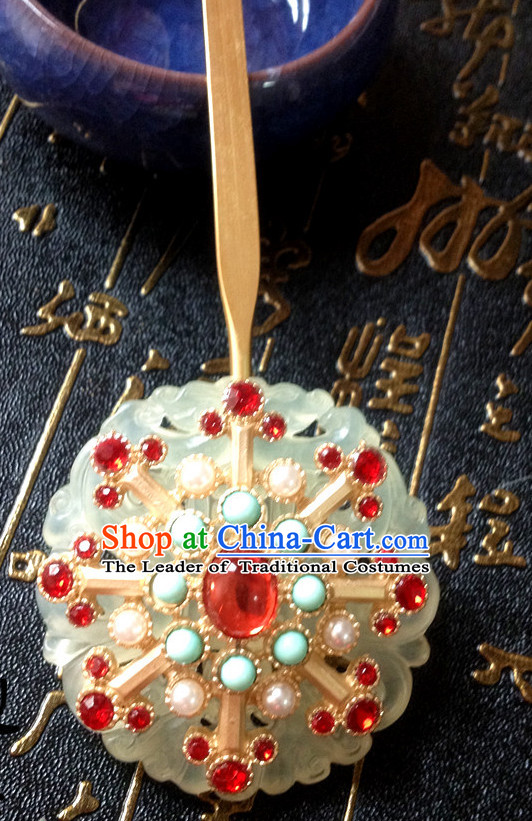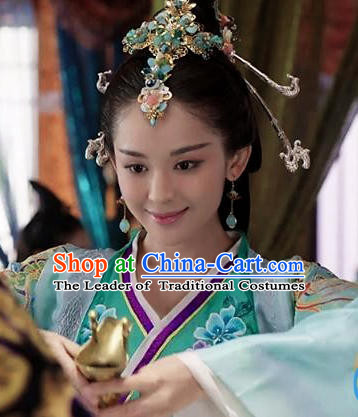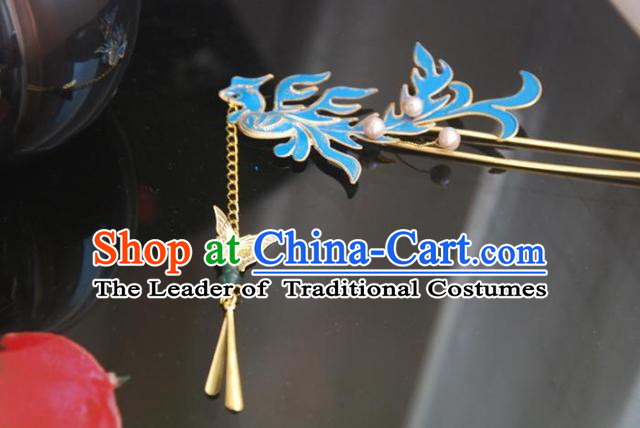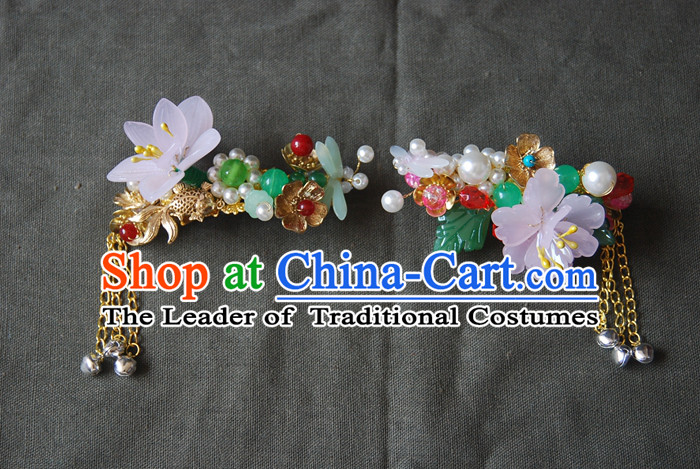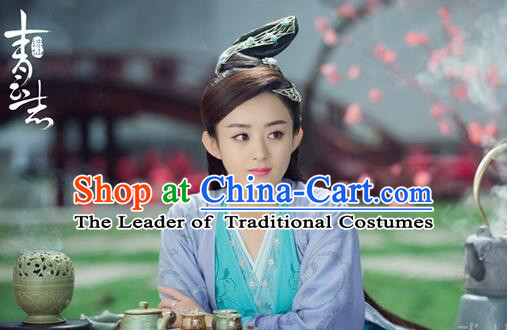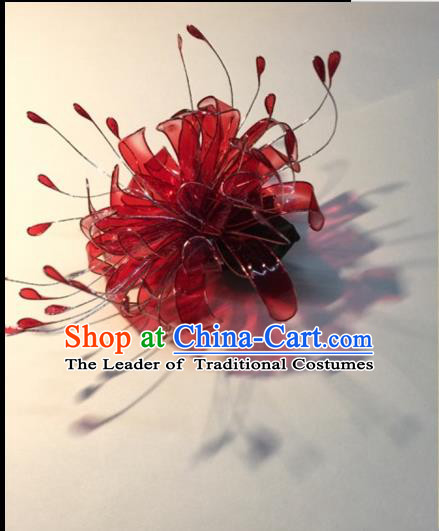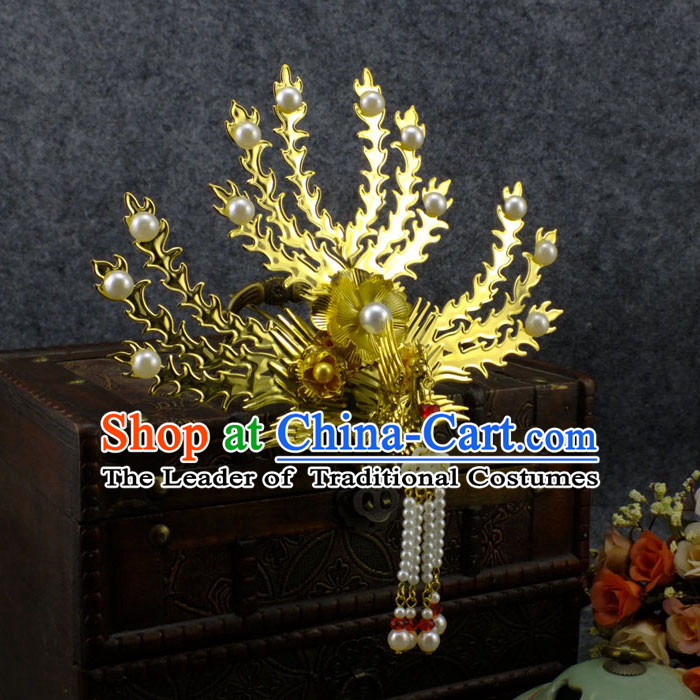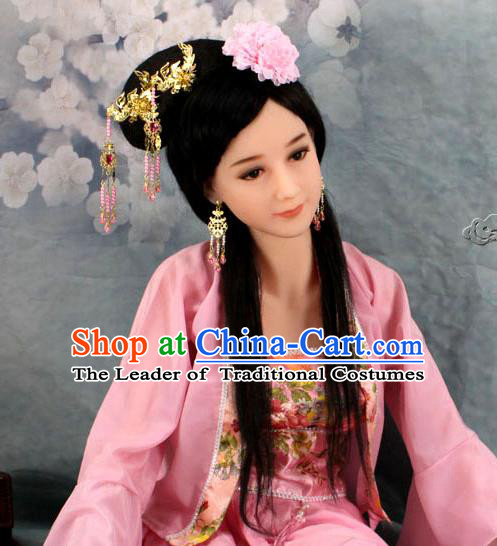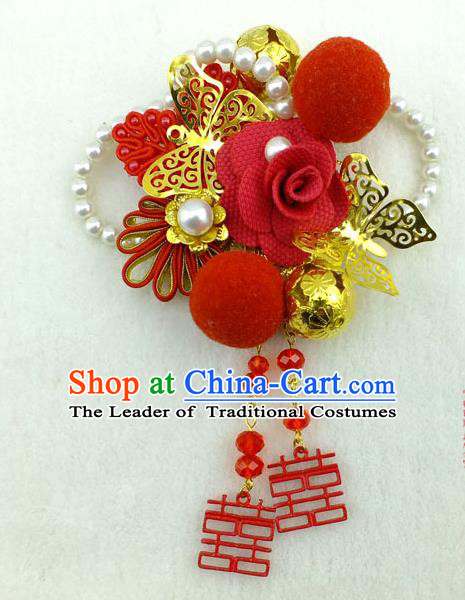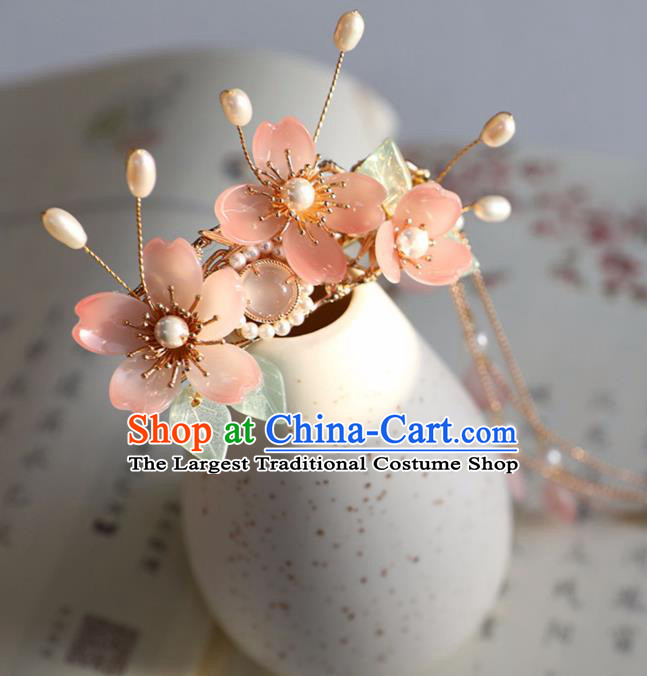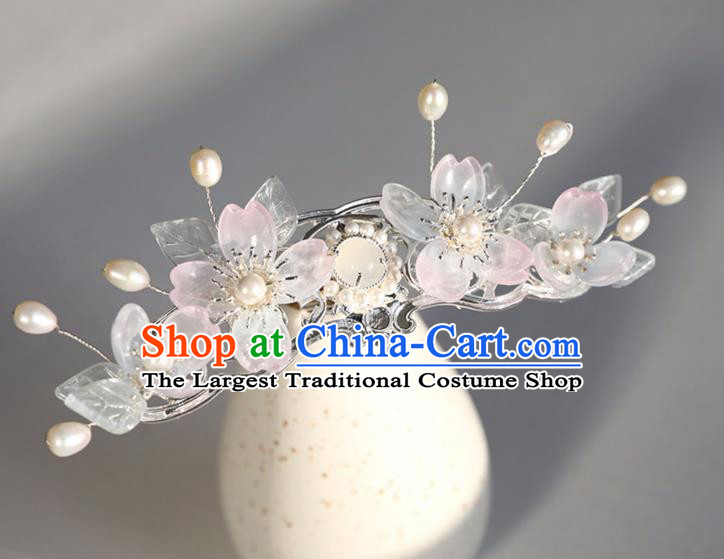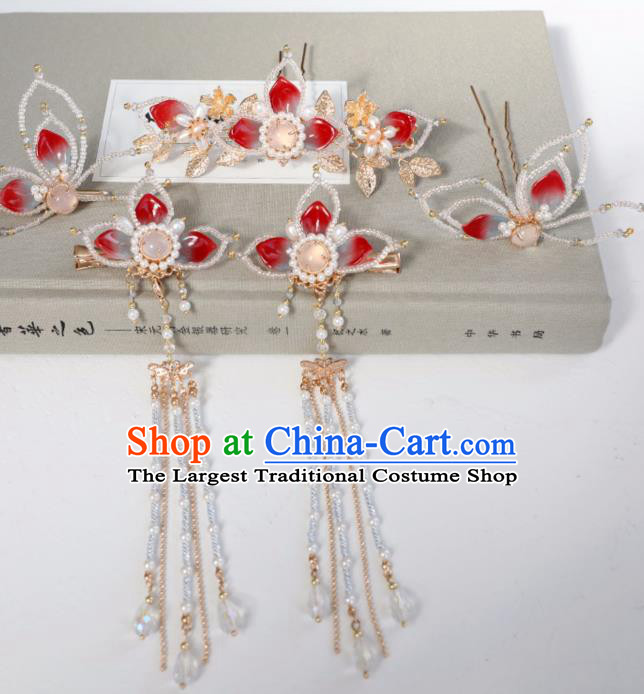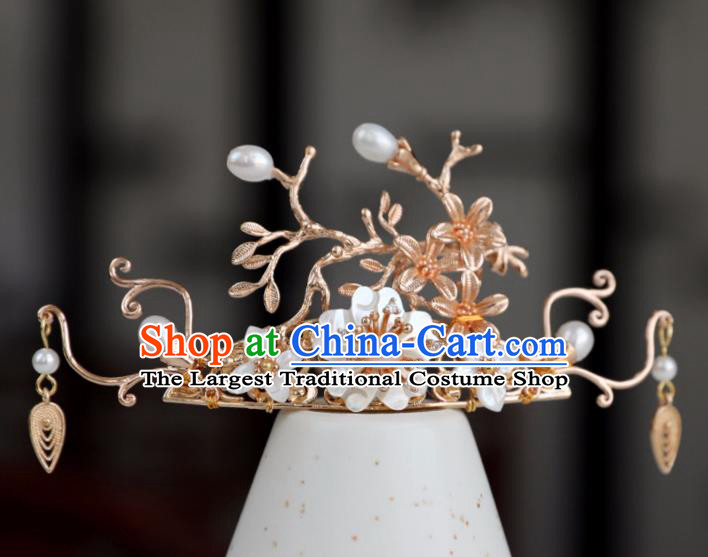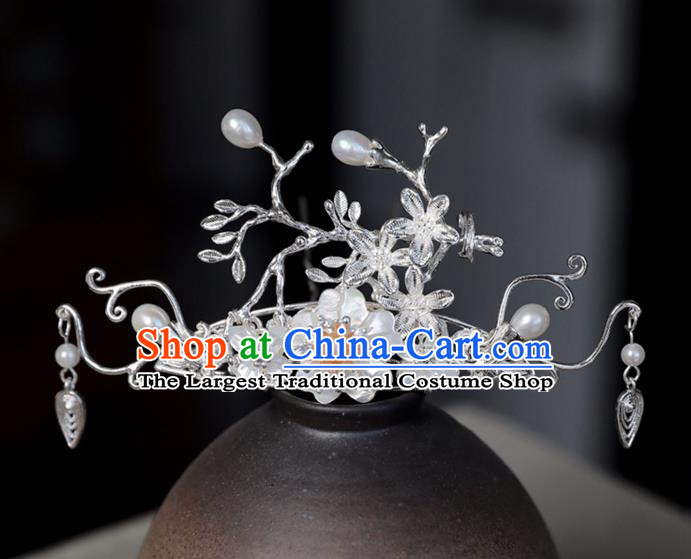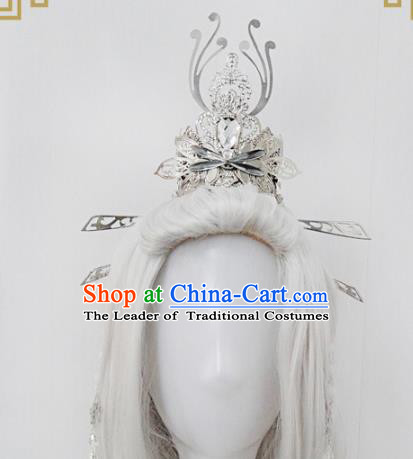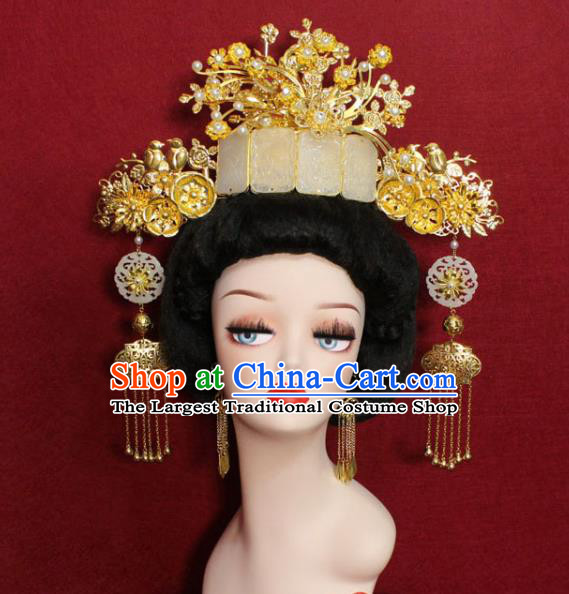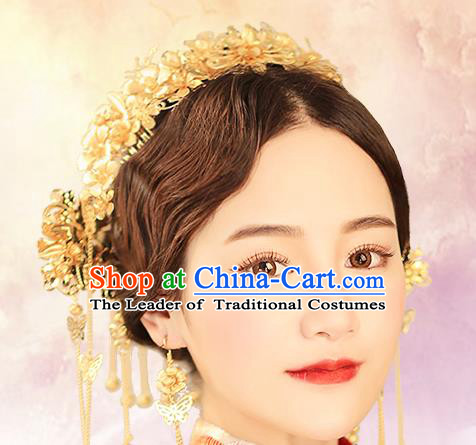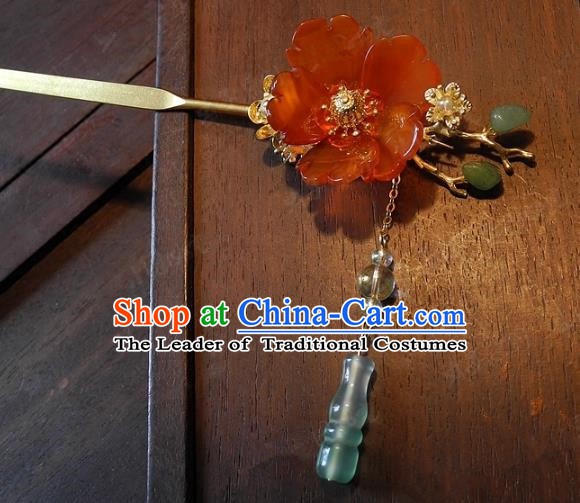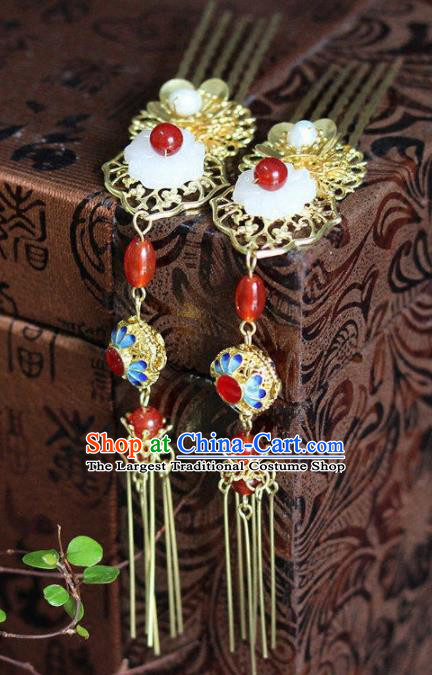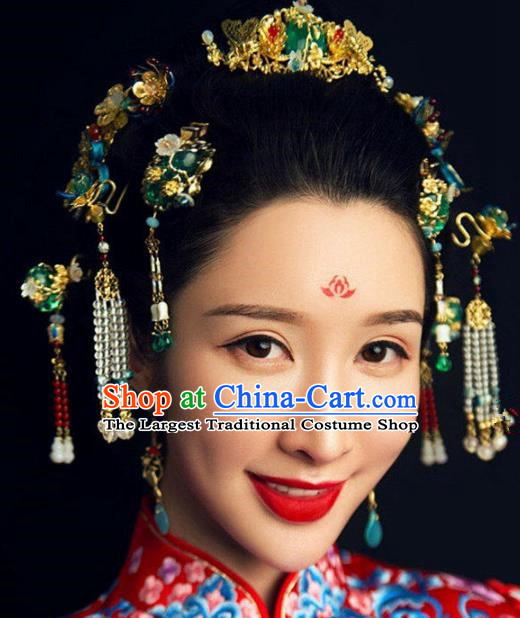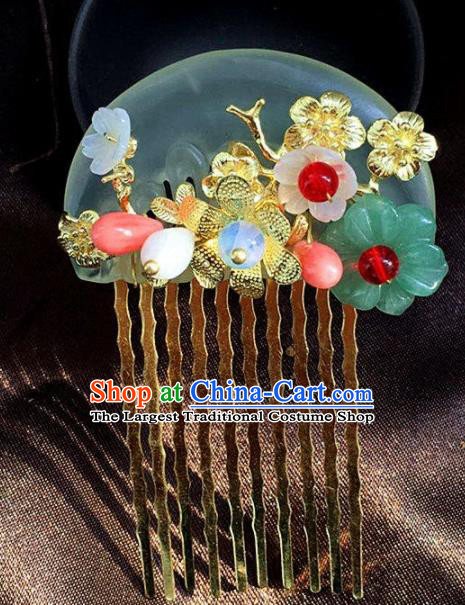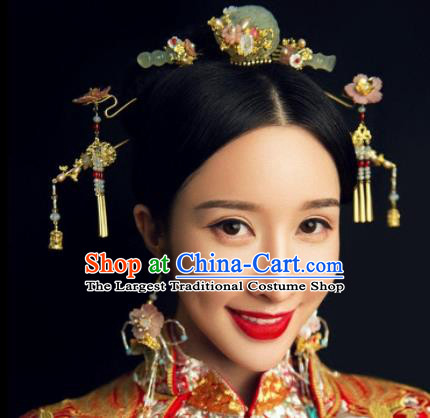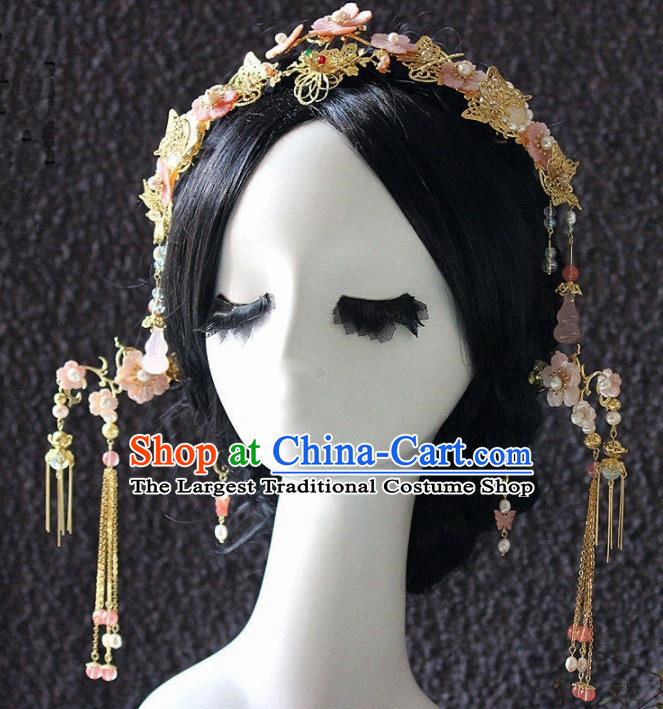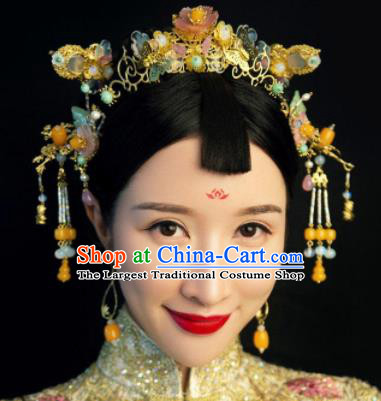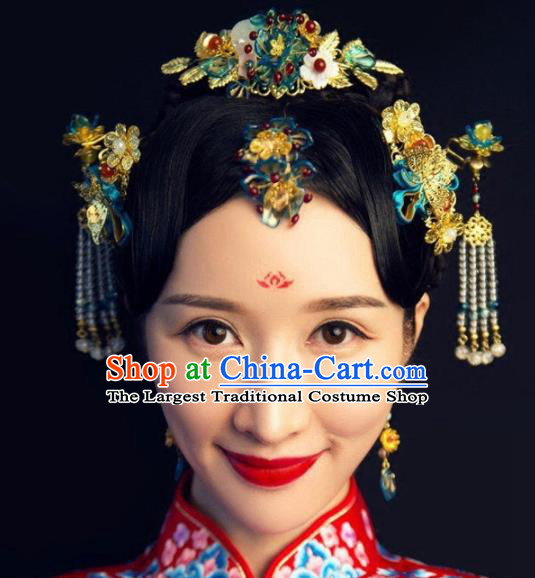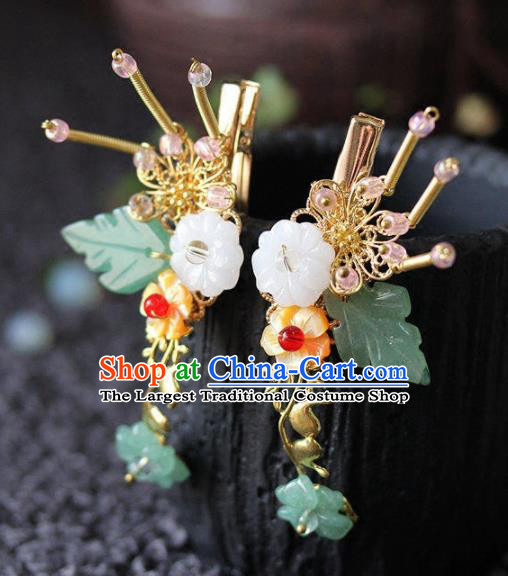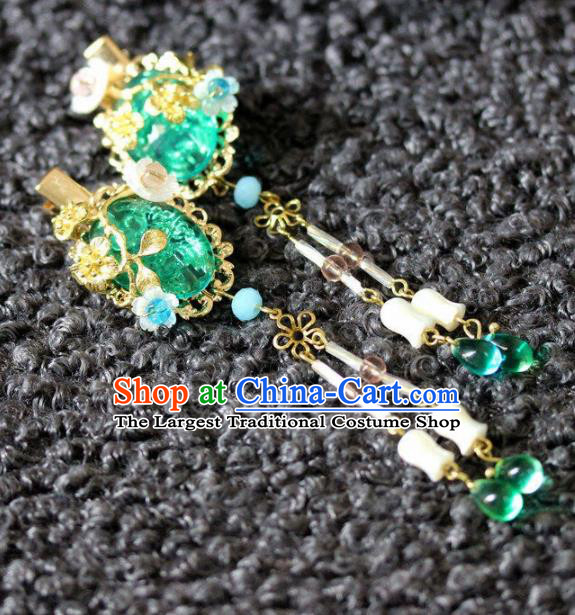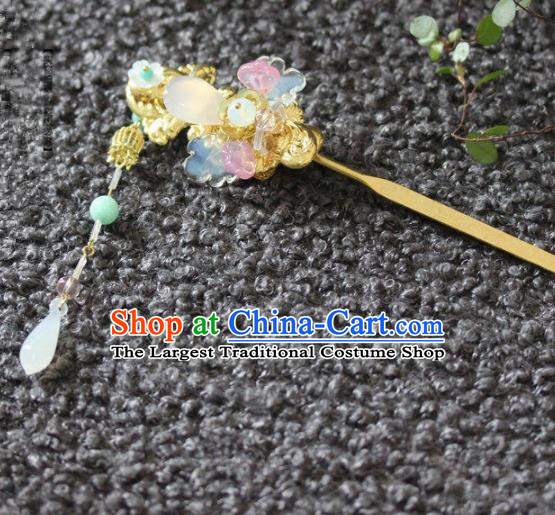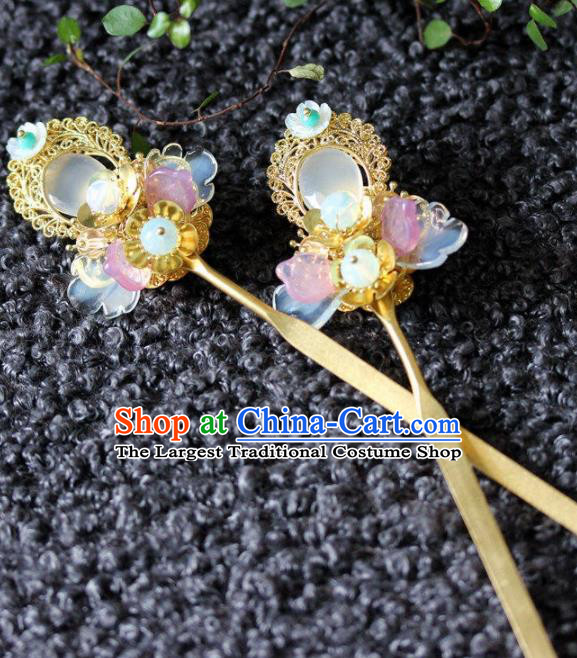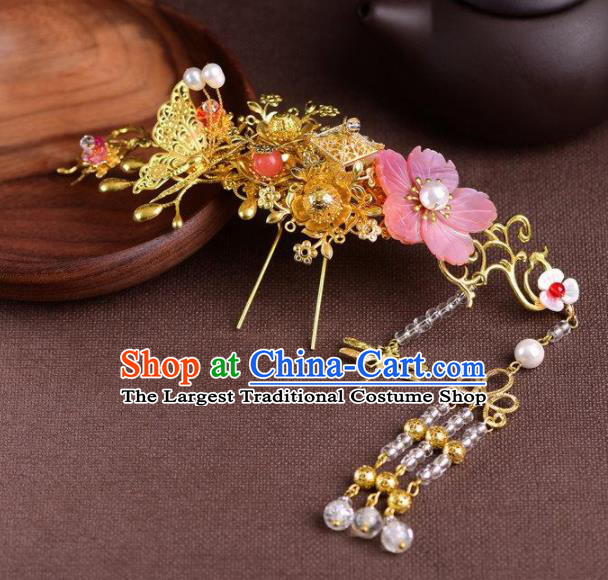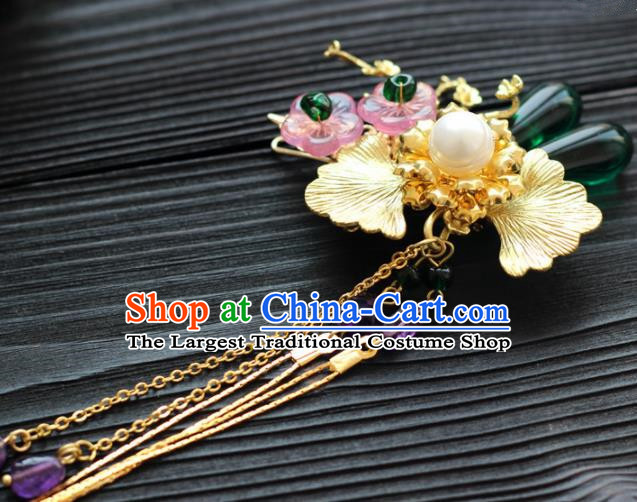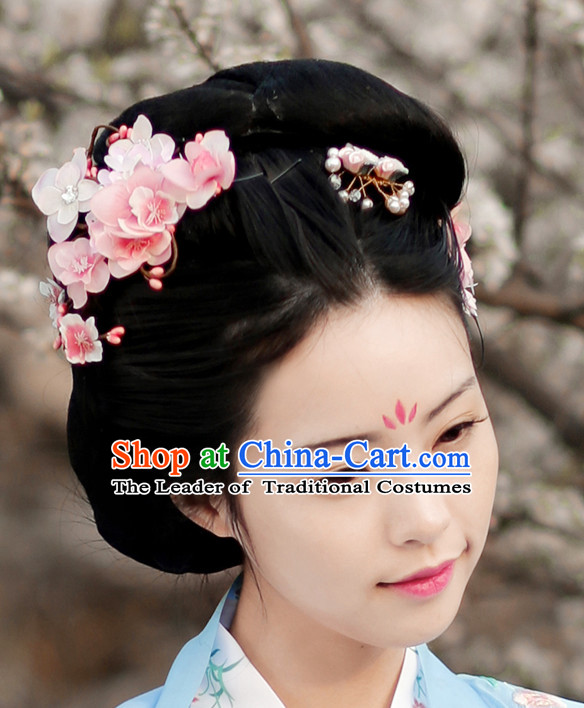
Click Related Pictures for More Audios:
Handmade hair accessories, head ornaments, and hairpins in ancient China are one of the treasures of Chinese culture.
These exquisite works of art showcase the charm of ancient Chinese culture with their unique designs, exquisite craftsmanship, and rich historical connotations.
In ancient China, hair accessories, head ornaments, and hairpins were not only practical items in daily life but also symbols of social status.
They were usually made of precious materials such as silk, gold, silver, and jade, adorned with various precious stones, pearls, and jadeite.
The design styles of these hair accessories, head ornaments, and hairpins vary greatly, some are simple and elegant while others are luxurious and complex.
Among them, the most famous ones are the "Four Great Beauties": Wang Zhaojun, Diao Chan, Yang Yuhuan, and Xi Shi.
Their hair accessories, head ornaments, and hairpins were the most popular styles at that time and are still praised by later generations.
In addition to being decorative items, ancient Chinese hair accessories, head ornaments, and hairpins also have a certain religious significance.
For example, Buddhists would wear prayer beads while Taoists would wear charms.
In addition, there are some special hair accessories, head ornaments, and hairpins with patterns such as dragon and phoenix symbolizing good fortune and happiness, mandarin ducks playing water symbolizing love and harmony.
Over time, ancient Chinese hair accessories, head ornaments, and hairpins have evolved into an art form.
Many artists combine traditional design elements with modern aesthetics to create many unique new works.
Today, these ancient works of art have become the pursuit of collectors and an important carrier of cultural exchange.

